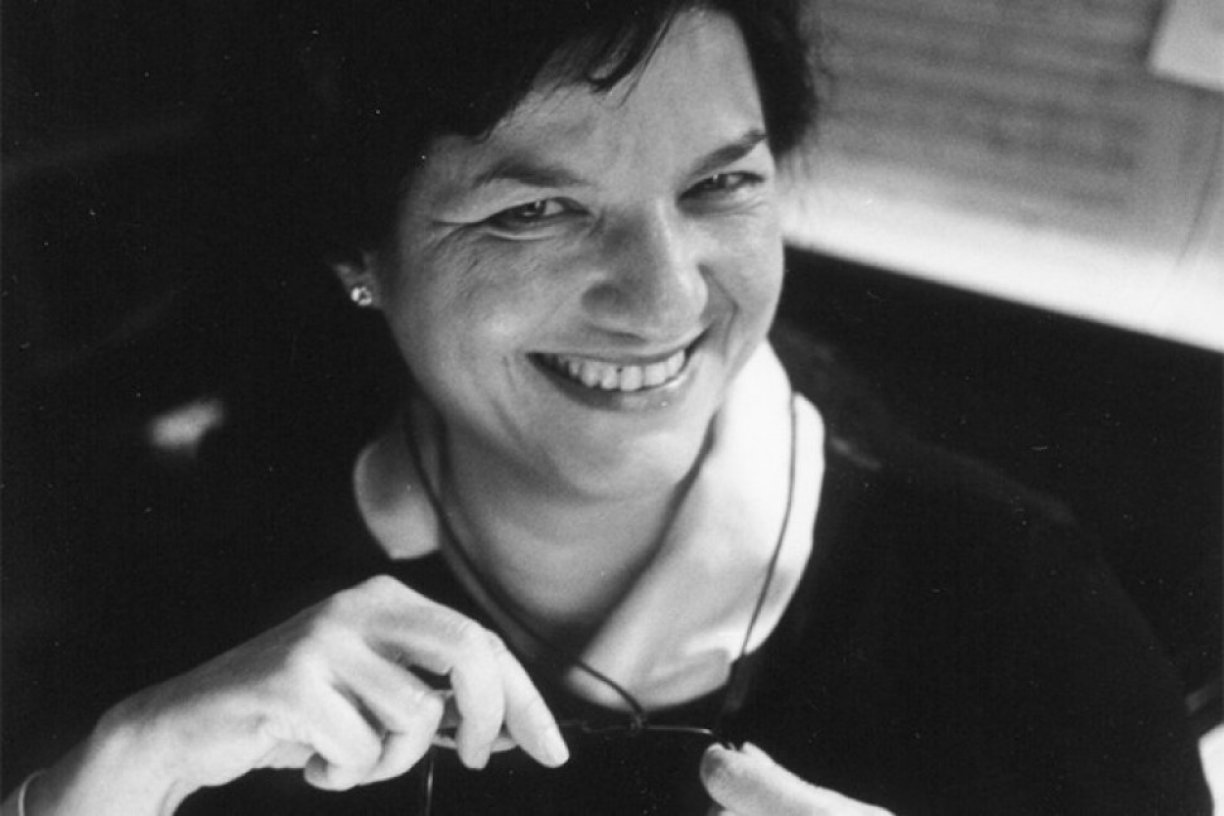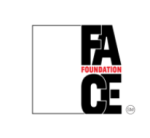ISSUE's upcoming presentation of international artists Pascale Criton, Silvia Tarozzi & Deborah Walker at the Brooklyn Public Library on January 29th has been postponed due to circumstances outside of our control.
Additional announcements about rescheduling this program will be forthcoming.
Saturday, January 29th ISSUE is pleased to present the premiere East Coast performance of French composer Pascale Criton’s Sounding Limits series of compositions, two of which were co-authored in close collaboration with renowned string players Silvia Tarozzi (violin) and Deborah Walker (cello). This special performance will take place at the Brooklyn Public Library’s Dr. S. Stevan Dweck Cultural Center at Grand Army Plaza and will mark the first time Criton will be in New York City to present her work. The program includes three compositions: Circle Process (Criton-Tarozzi, 2012) for solo violin, Chaoscaccia (Criton-Walker, 2014) for solo cello, and Bothsways (Criton, 2015) for violin and cello.
Please note this performance is presented as part of a special event at Brooklyn Public Library. As a result, the exact time and all RSVP information will be announced in early January alongside upcoming announcements from Brooklyn Public Library.
A limited number of seats will be accessible soon for ISSUE Members, who will be distributed a unique member RSVP link.
The Dweck is located on the lower level of Central Library at 10 Grand Army Plaza. People should enter from the Eastern Parkway entrance, not the main building entrance, since that will be closed.
Since the 1980s Pascale Criton has been exploring sound variability, microtunings, multisensory reception and the spatialization of listening. Between 1974 and 1987, Criton was the music advisor of the philosopher Gilles Deleuze. Criton’s work focuses on the sound continuum, informed by these experiences as well as studies with microtonal pioneer Ivan Wyschnegradsky, spectralist Gérard Grisey, contemporary music composer Jean-Etienne Marie, and training in electroacoustic and musical computing. Her compositions use non-standard tunings of string instruments often referred to as a scordatura, which have become a trademark of her technique.
Silvia Tarozzi and Deborah Walker are actively involved in the fields of contemporary experimental music and free improvisation. Together with Pascale Criton they have been exploring microtonal extended techniques and gestural processes on a violin and a cello tuned in 1/16 of a tone. The compositions that have resulted from this process are considered as corporal scripts. They challenge the perception of form and the role of interpretation, transforming it into a creative process. Time and motion are no longer defined by pitches and metrical systems but are embodied as diagrams and moods. Pascale has described that her interest in micro-intervals “goes hand in hand with my attraction to small differences: small intervals that reveal the qualities of sound, from the complex components of timbre to those of noise. They allow the introduction of minute variations in time and movement. These slight differences stimulate awareness of sensations, variations in speed, degrees of fluidity and energy involved in dynamic transformations. The microtonal tuning renews the expressive sensitivity of the instruments and calls for attentive listening to control tiny sonic variables while experiencing the limits of perception.”
The actions and gestures of Circle Process, Criton and Tarozzi’s piece for solo violin, have no fixed duration: the process can start and stop from any point on the clock display which serves as the score of the music. The performer is tasked with the job of exploring the tiny expressive articulations of the fine-tuned scordatura. The piece makes its way through twelve different states, elaborated as Styles: from gentle rustling to chattering small talk, from fragile beats to expanding harmonics. The aim is to seek a continuity in transformation, from the emergence of a gesture to its deconstruction. Circle Process has been released on Silvia Tarozzi’s album Virgin Violin (RER Megacorp).
Chaoscaccia, Criton and Walker’s piece for solo cello, follows a script built around the idea of shifts, in an unstable but continuous manner. The purpose is to grasp musical gestures as events, to seek their motivic and processual matter. Focus is given to speeds, to continuous or unstable energies. The gesture is itself guiding both performer and listener: various states coexist, their tension is always maintained on the border of rupture or breakdown, the action is "listening.” Chaoscaccia has been released on Criton’s album Infra (Potlatch Label, 2017).
Criton’s Bothsways, for both violin and cello, explores the expressive traits of “extended microtonal techniques.” The general idea is linked to instability, to the fluid and reciprocal passage between different states or ways of playing. Taking name from a portmanteau of “Both” (a duo) and “Sways” (undulations, oscillations, swings), the piece is composed of four movements (solos and duets) of two minutes, approximately: Shift (cello); Coalescent (violin and cello); Impulse (violin); Sways (violin and ecello). The piece has also been released on Criton’s album Infra.
The presentation of Pascale Criton’s Sounding Limits follows on from ISSUE's Member conversation that took place in the summer of 2021 in which Criton, Tarozzi and Walker discussed the Sounding Limits series of compositions.
Pascale Criton studied composition with Ivan Wyschnegradsky, Gérard Grisey and Jean-Etienne Marie. She also received electro-acoustic training at the CIRM (International Centre for Musical Research, Nice) from 1980 to 1982, as well as in a musical computing course for composers at the IRCAM (Paris) in 1986, and earned a PhD in musicology (1999). In the field of musical research, since 1980, Criton has explored sound variability, instrumental techniques and the spatialization of listening. A specialist of microtonality, she uses highly specific tuning systems – scordatura –particularly of stringed instruments, guitars and piano, combined with orchestral instruments and digital synthesis. She edited Gilles Deleuze, la pensée-musique, Symétrie (2015), a testimony of her encounter with the french philosopher Gilles Deleuze regarding music, and Ivan Wyschnegradsky, Libération du son, Ecrits 1916-1979 (2013).
Silvia Tarozzi is a violinist, composer and improviser. The oral transmission of music and the form created through a deep immersion into the sound are traits of her musical research and find expression in several collaborations with composers as Éliane Radigue, Pauline Oliveros, Pascale Criton, Cassandra Miller, Martin Arnold, Pierre-Yves Macé, and Philip Corner. Her projects are released by I dischi di Angelica, Unseen Worlds, New World Records, Potlatch. Her concerts have been recorded and broadcasted by BBC Radio and France Musique. She performs regularly in festivals and venues in Europe, North America, Canada, Mexico. In duo with Deborah Walker, and as a member of Ensemble Dedalus, she has worked with Christian Wolff, Jürg Frey, Michael Pisaro, Catherine Lamb, Sébastien Roux, and many others.
Italian cellist Deborah Walker is a new music performer and improviser based in Berlin. She is interested in multiple forms of music creation related to the exploration of sound and interaction with other art forms. She has played at many festivals such as Tectonics, Italia Wave, ZKM, Centre Pompidou, and tours regularly in International venues and Festivals. She is a member of the French ensemble Dedalus and of the improviser orchestra ONCEIM. She has premiered solo works of composers like Pascale Criton, Éliane Radigue, Philip Corner and Phill Niblock. For more than 15 years, she performs regularly in duo with violinist Silvia Tarozzi. Their repertoire includes both contemporary and experimental works, as well as transcriptions of Italian traditional folk songs. After receiving a Masters in Music and sound composition at the University of Paris 8, Deborah completed a PhD at the University of Lorraine on the work of Fluxus artists in Italy, with a focus on the American cellist Charlotte Moorman.





